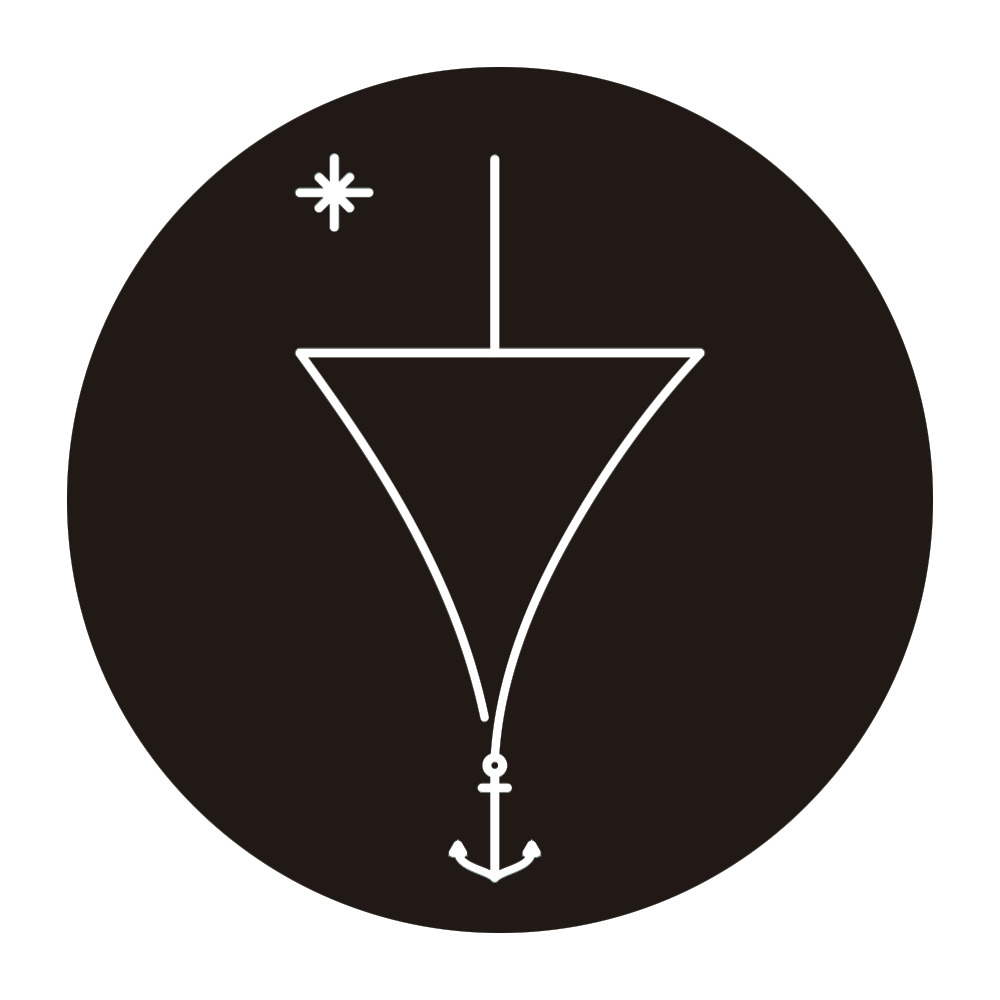Cover Photo by Markus Winkler on Unsplash
How many times have you thought: If only I had known?
Jamila Garcia, founder of Starfish Crew is here to tell us what she wishes she knew before working on a yacht, with a simple career tip-based guide. She reminds us that even those who are happy with the path they have followed and have no regrets can still reflect on the past. There are always things that we think we should have done differently if we could go back in time.
So, what did yacht stew Jamila wish she’d have known?
CAREER TIP 1-TRAINING:
“If I was 18 again, and had to decide what I was going to do with my life, I would still complete professional butler training. That is the one thing that I have always known I wanted to do. However, I wouldn’t spend 6 years at Uni for that. After completing my training, I would look for a job at a luxury hotel, or private residence. I would work for a year, to achieve the experience I consider basic to work on a superyacht, even as a Junior. Then I would look for my first yachting job, because by that point, (unlike it happened “in real life”) I would know that the yachting industry exists and you can earn a lot of money working on a superyacht! So… I totally knew what my passion was long before yachting: high-end service. But, if that’s not the case with you, I wouldn’t recommend you to go spend thousands of euros on service (let alone housekeeping) courses. I have had many Stewardesses over the years with 0 to very little service experience, and they turned out to be amazing Stewardesses (most of them Chief Stews nowadays)”.
Figure out what you enjoy and start from there
- Find a job first
- See what the reality is when working on a superyacht
- Decide what aspects of it you really like
- Focus on that route
Let’s say that, before working on a superyacht, you didn’t have a clue that you were going to be passionate about wine.
- You love inventorying all those fantastic bottles onboard
- Decanting it
- Serving it
- Advising your guests on the correct wine for each menu…
Invest your hard-earned money on wine courses. Even become a Sommelier! It would be a privilege to have a qualified Sommelier on board and it would certainly be appreciated in the industry.
Let’s say you find yourself loving flower arranging:
Invest in flower artistry courses!
Let’s say you dream of becoming a Purser:
Invest in a professional Purser course!
This career tip is especially important as it will allow you to learn more about yourself and unlock your skills!
CAREER TIP 2-SIZE OF THE VESSEL:
“However, I did get one thing right: the size of the vessels I wanted to work on. At the beginning of my career working on a yacht, I was lucky. My first yacht was a 56-meter motor yacht. Because it was an explorer yacht, the interior was quite large for a vessel that size. I instantly felt comfortable on board. So that’s the size I have continued working on. The largest yacht I have worked on is 62 meters, with 17 crew. That was more than enough for me. I have never wanted to work on a larger vessel, even when I have been offered amazing positions on large yachts. I just know that I feel much more comfortable with a certain amount of crew around me. Amongst other factors”.
This is to say that no one knows you better than yourself.
- If you don’t feel comfortable working on a 100-meter vessel, or a 30-meter vessel, remember that when you are looking for your next position.
- Don’t just accept another position on the same size vessel you have just resigned from if a big part of the reason for your resignation was the size.
CAREER TIP 3-LONGEVITY:
“I stayed on my first yacht for 18 months. 18 Outstanding months. I did more nautical miles during those 18 months than during the eight next years. However, this was a private yacht where I basically did the-same-exact-thing every-single-day. Guests on and guests off. Because the yacht’s route wasn’t your typical “yachtie spots” I did not have contact with any other yachties other than my co-workers. I literally did not have a clue about the existence of charter yachts. Had I known I would have probably left my first yacht sooner. Not much sooner though, I would have done one year. Longevity, and all that, right?”
So, it is helpful to think about how long you should stay on your yacht and when to move on to the next
- Stay on every boat you work on for at least a year.
- Then, do whatever you feel you need to do with your career after your year onboard. Especially when you are just starting.
CAREER TIP 4-WORKING ON A PRIVATE YACHT OR CHARTER:
‘I personally would much rather work on a charter yacht. Not only because of the money. I just get too bored on a private yacht. I like to be the one deciding what I do with the table settings, theme parties, where to serve what etc. Owners telling me to serve red wine in the water goblet, and stuff like that… I just can’t deal. However, this is just me. You might feel much more comfortable knowing your guests, doing the same thing etc… That’s perfectly fine. Also, let me tell you something. Starting your yachting career on a “heavy charter” yacht might blow your mind (in a bad way). I was working on a yacht with a heavy charter where two of the junior stews were 100% green and that was their first, and last, season. Charter yachts are pretty hardcore. So remember this if you get offered your first position on a heavy charter yacht’.
You need to be able to know if you have a preference as to which yachts you would like to work on
- Try both when first starting out
- Then, decide what fits YOU better
GUIDANCE:
‘I did not know that the yachting industry existed. Therefore, I couldn’t have sought out any advice or guidance on how to get into it from anyone. However, if I had to start again, the first thing I would do is look for a place to get all of this advice’.
Invest in getting the RIGHT information from the RIGHT people
- Find out the right steps to take to land your first position EXACTLY
- Connect with yachting industry professionals that could help you find a position
- Invest in: Getting a professional CV done, finding out what you are going to be asked during interviews, and, what your role will entail.
Two places which offer this advice is firstly www.starfishcrew.com
Download the free basic guide to working on superyachts here.
And, Crew Library also has many free resources and services.

We hope this article provided you with an insight into the life of a stew working on a yacht.
For more of the latest industry content, click here.
If you looking for your first position working on a yacht or maybe you are a seasoned yachtie looking for your next adventure. Head over to our jobs board to see our available positions.




.gif)



.gif)










